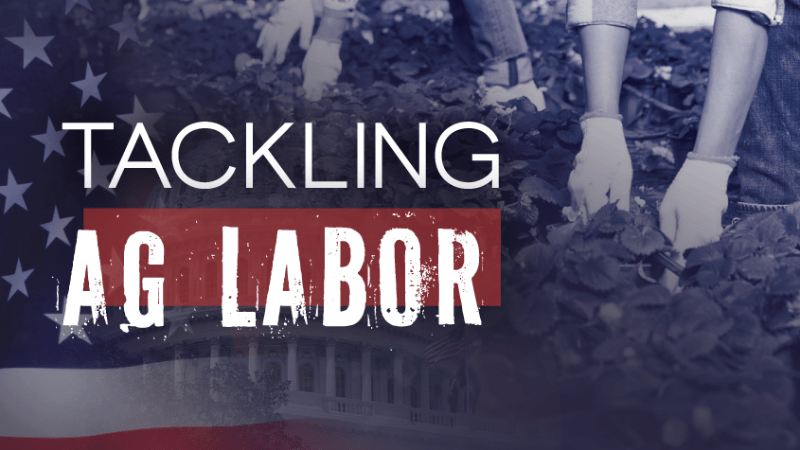
An update on ag labor progress and politics
As the agricultural industry deals with persistent labor challenges, there are two noteworthy updates to share about the latest progress in our nation’s capital. The recent release of the final report from the Agricultural Labor Working Group (ALWG) by the House Agriculture Committee marks a significant step towards addressing pressing issues.
Meanwhile, party politics are at play with the recent border bill. The industry is dealing with both progress and political obstacles as we work to find better solutions for agricultural labor.
ALWG RELEASES FINAL REPORT
The ALWG was led by co-chairs Rep. Rick Crawford and Rep. Don Davis. The final report is the product of a months-long effort to identify workforce challenges facing the agriculture industry and propose potential legislative solutions. AmericanHort contributed to this effort by meeting with members of Congress, staff and the committee. While the House Agriculture Committee does not have jurisdiction over labor issues, the committee knows the importance of this issue for the industry, and sent its recommendations to the appropriate committees for review.
“AmericanHort commends the House Agriculture Committee for establishing the Agricultural Labor Working Group and applauds the group’s efforts to improve the availability of labor through programs like H-2A, which has been a critical program for the agriculture and horticulture industries,” said Ken Fisher, president and CEO of AmericanHort. “We encourage the group to continue to advocate for policies that improve the H-2A and H-2B programs, particularly in reforming the Adverse Effect Wage Rate policies and granting year-round industries access to the H-2A program.”
BORDER BILL FAILURE KICKS AG WORKFORCE DOWN THE ROAD
Senator James Lankford negotiated a border bill in good faith with Senate Democrats and the White House, only for former President Trump to oppose the initiative out of concern that it might grant President Biden a significant legislative victory during a presidential election year. Despite initial support, opposition from within the GOP escalated quickly. In the end, Republican senators blocked the border security bill through a procedural vote. Democrats expressed frustration and accused Republicans of prioritizing political gains over problem-solving. So here we go again!
Why is this so vital to the agricultural workforce? Well, this border bill did not address H-2A or H-2B concerns, or any part of agricultural labor. So technically, no, the bill did not address the concerns associated with labor in the agriculture sector, but because of politics, this stops any progress on ag labor reform this Congress and potentially in the next Congress.
So, what is next? Because it is a presidential election year, we will not see any controversial, tough or complicated bills moving through Congress prior to the November election.
Furthermore, 46 members of Congress are retiring or seeking other offices this November. So, not only are we seeing presidential politics, but many of our seasoned elected officials with background and knowledge in this space are leaving Congress.
Our industry will need to educate new, less experienced officials and their staff on our labor needs. The months leading up to the election will be an interesting time, with the make-up of the House of Representatives, the Senate, the White House and its administration all up for grabs. As we say in Washington, D.C. — hurry up and wait!


 Video Library
Video Library 




















